Colorado micro wedding + elopement photographer
Hey, friend.
I'm Stephanie
Your photographer + intimate wedding planning wing woman.
I create unrushed and intentional wedding experiences so you can be fully present and authentically you on your best day.
Get to
know me
Packages + Pricing
Contact Me
Grief and losing a loved one are among life’s most painful experiences. It’s a profound emotion that knows no bounds, and its impact on our lives can be both unexpected and all-encompassing. The pain, sadness, and emotional complexity that accompany grief can be overwhelming, and the process of healing is unique for everyone. It’s a journey that often unfolds in waves…moments of deep sorrow mixed with quieter times of reflection.
If you are planning a wedding while grieving, the journey carries a unique weight. Balancing the joy of a commitment with the ache of loss can feel impossibly complex. Having planned my own micro wedding during a period of grief, I know firsthand how layered and tender this experience can be.
In this blog post, I’ll share some reflections and guidance on what it means to plan a wedding while grieving, and how you might navigate this season with compassion for yourself and space for both love and loss.

How to Plan a Wedding While Grieving
One of the most surprising aspects of planning a wedding while grieving is just how emotionally complex it all can be. We often expect emotions to be black and white – either all good or all bad. The reality, though, is much more nuanced. That emotional complexity becomes especially clear when you’re not only planning a wedding but also navigating personal grief.
The joy of getting engaged and looking forward to your wedding day becomes intertwined with the sadness of loss. It’s a trying experience that may lead to moments of guilt or shame. You may experience guilt for feeling happy, as if you’re somehow disrespecting your loved one’s memory. Or you may feel guilty for being sad, as if your grief takes away from your partner’s joy.
Through it all, compassion for yourself is essential. Planning a wedding while grieving doesn’t mean every emotion has to be a happy one, and it doesn’t mean you’ll experience your grief in a single, predictable way. Both your grief and your joy are real, and both deserve space.
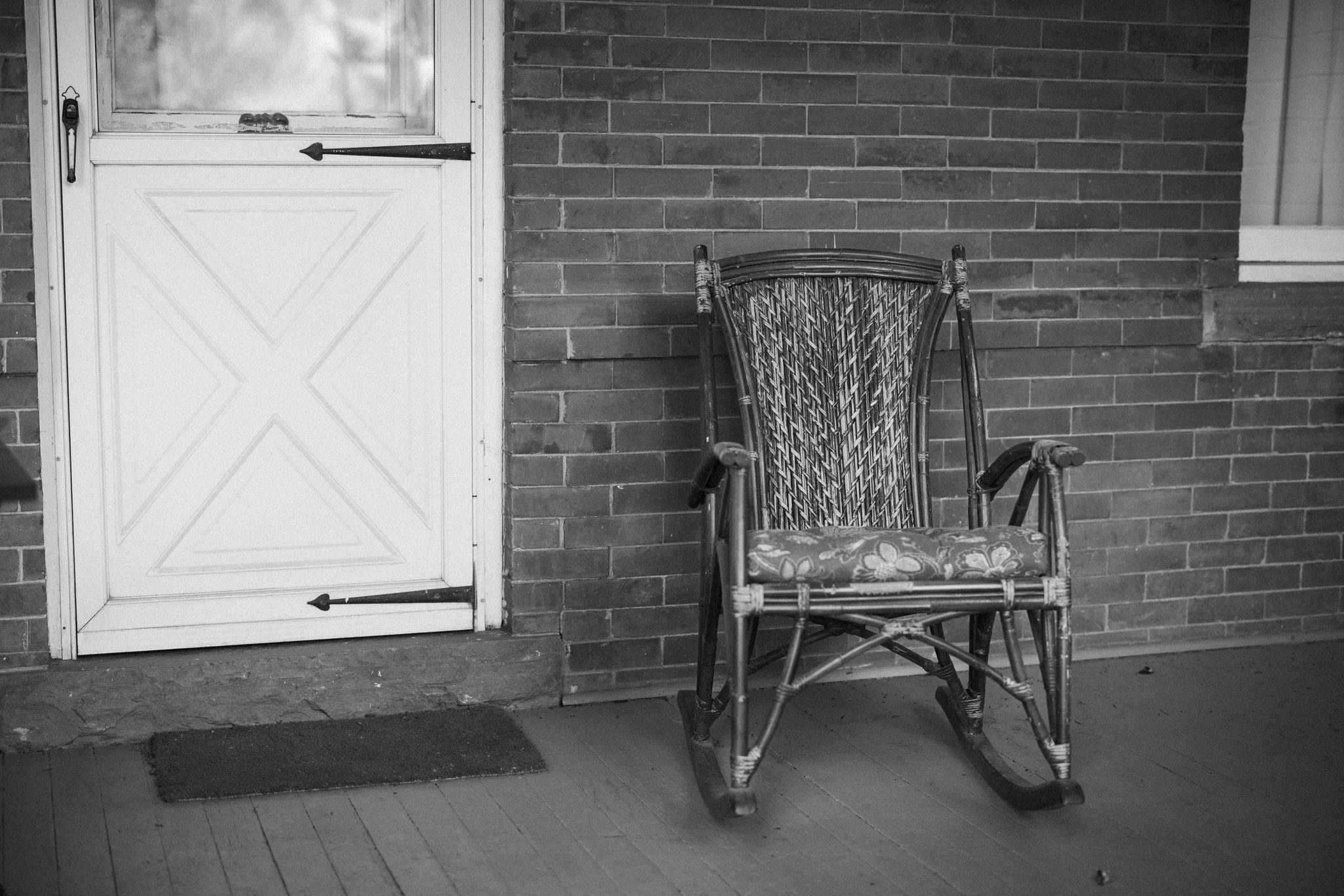
Managing Stress + Recognizing Eustress vs. Distress
Wedding planning often comes with its own set of challenges, but many of these fall under what’s known as “eustress.” This is a positive kind of stress that motivates us to move forward and accomplish meaningful goals. Choosing a venue, finalizing details, or imagining your wedding day can all bring excitement, even if they feel a little overwhelming at times.
When you’re planning a wedding while grieving, though, the line between eustress and distress can feel especially thin. Grief carries its own emotional weight, and it can quickly turn what might otherwise be exciting stress into something heavy and exhausting.
Recognizing this shift is important. It doesn’t mean the positive stress of wedding planning isn’t real…it simply means grief adds another layer. When distress begins to overshadow eustress, it’s a signal to pause, give yourself care, and take proactive steps to protect your emotional well-being as you move through this season.
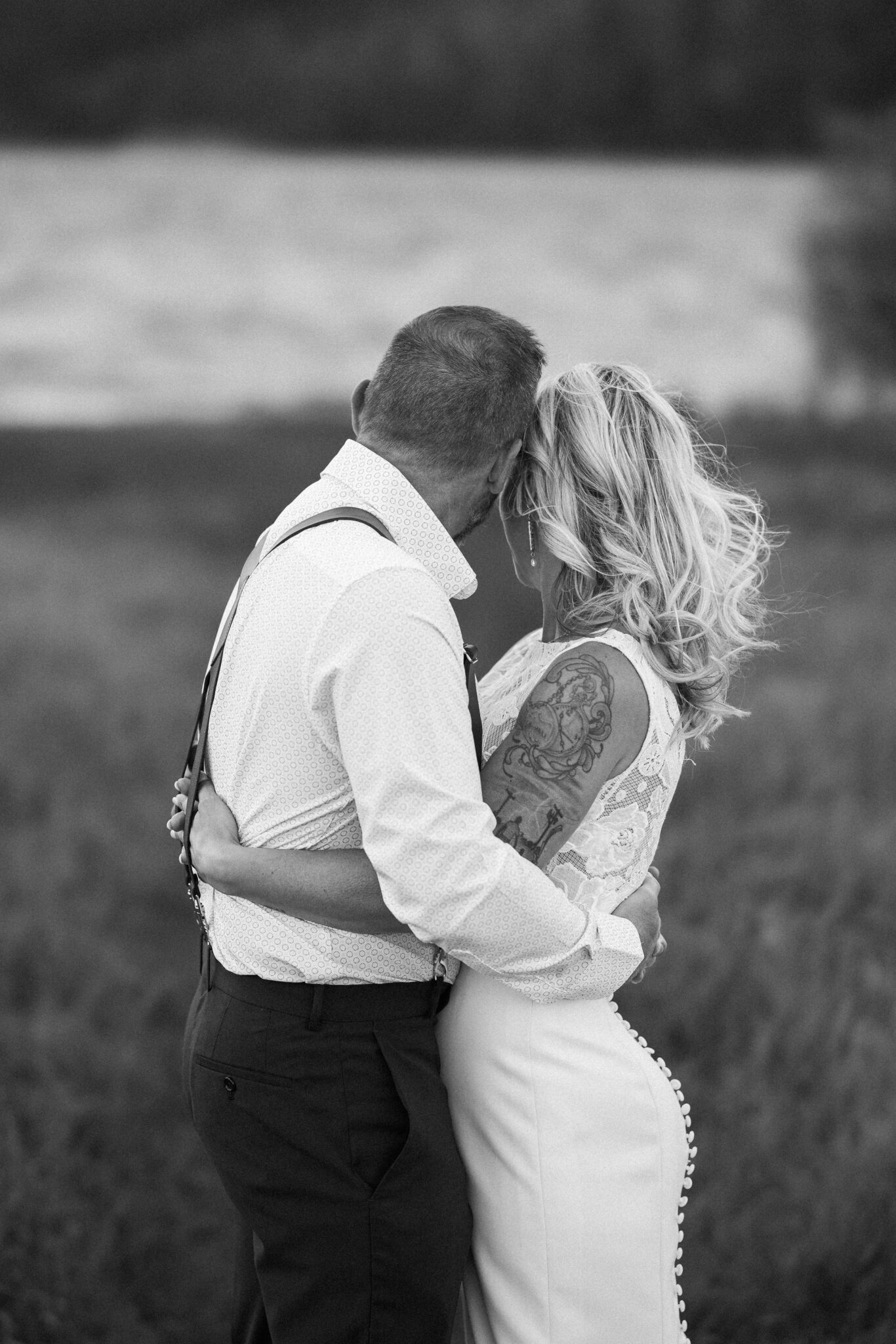
Finding Their Presence Amid Wedding Planning + Grief
While navigating this intricate journey, the thought and presence of family and friends can sometimes bring up strong emotions. It can be a poignant reminder of your loved one’s absence. The grief can be particularly strong during wedding-related events in which your loved one would have participated, such as wedding dress shopping, planning guest lists, and even addressing invites. At times, you may even find yourself reaching for your phone to text or call your loved one when making wedding-related decisions, only to be reminded of your loss.
In these moments, it can help to focus on ways to honor your loved one’s memory. Finding meaningful ways to include their presence can bring comfort and warmth to your wedding day, creating moments that feel both personal and healing.

Finding Meaningful Ways to Honor Loved Ones in Your Wedding
On your wedding day, you may want to find ways to honor a lost loved one. Everyone experiences grief differently, so your approach may look dramatically different from someone else’s. Be compassionate in finding what feels right for you.
One heartfelt option is to reserve a special seat at your ceremony and/or dinner table, symbolizing the presence of your loved one. This vacant chair becomes a thoughtful reminder of their enduring significance in your life, even in their physical absence.
Another touching gesture is to include a memorial candle in your wedding ceremony. Lighting this candle can symbolize the enduring light of your loved one’s memory as you begin this new chapter.
Some couples create a memorial table, a dedicated space with photos, candles, and keepsakes that celebrate the person they’ve lost. It can also become a point of connection for your guests, inviting them to share in cherished memories.
For a more private remembrance, consider incorporating something borrowed from your loved one. This could be a piece of their clothing creatively integrated into your attire, sewing it into your gown or suit, or having words with special meaning embroidered on your wedding outfit. You might also wear a piece of jewelry that keeps their memory close throughout the day.
Your tribute can take any form that feels meaningful to you. What matters most is that it brings comfort and warmth to your wedding day and helps you carry your loved one’s presence with you.
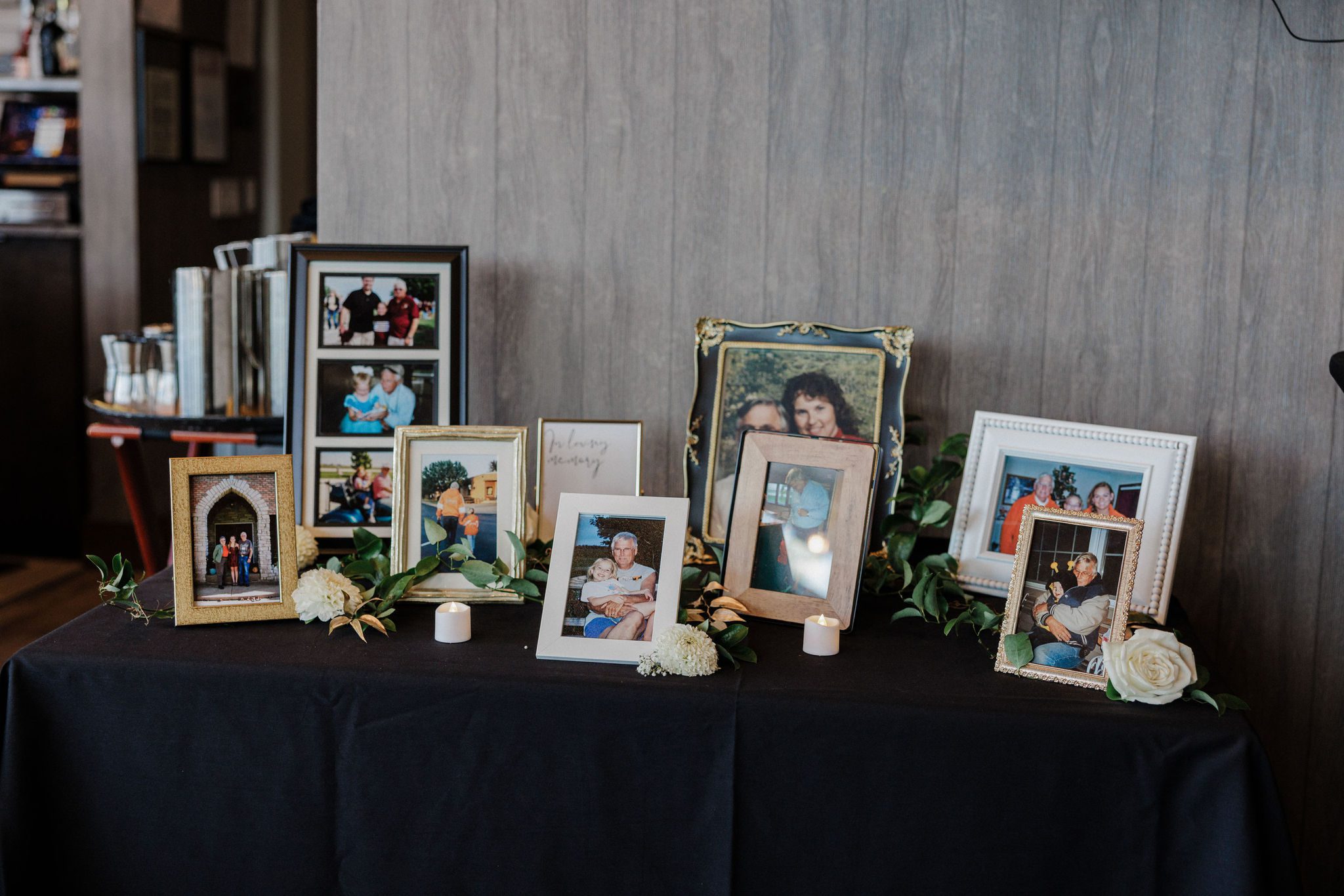
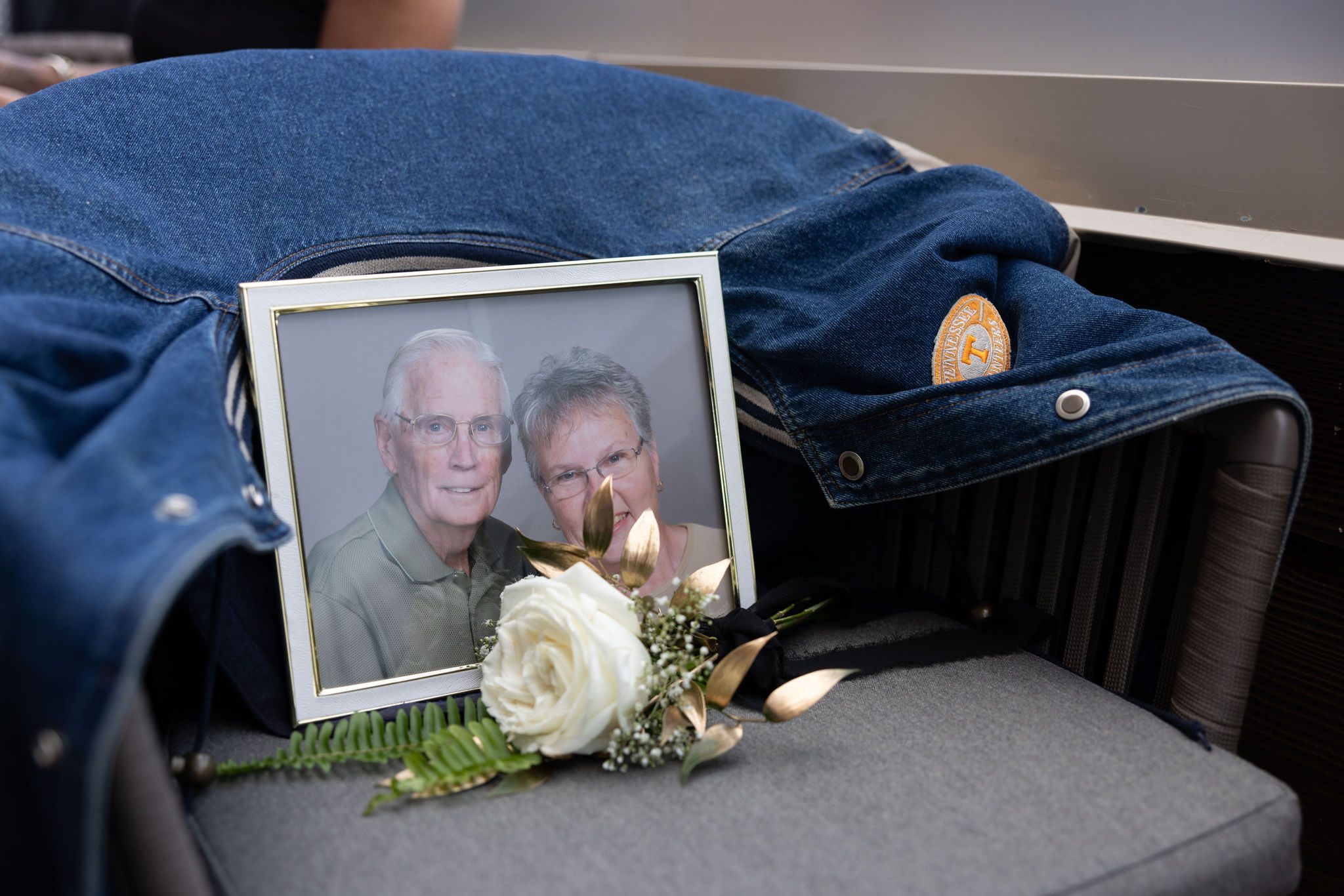
Using Meditation to Support Yourself While Grieving
While planning your wedding during such an emotional time, it’s important to prioritize your own well-being and create a meaningful, healing experience. One strategy that can help is meditation. While meditation can’t make your grief magically disappear, it can serve as a valuable tool to ground yourself and find resilience.
Personally, I find emotional body scans particularly helpful. These meditation practices encourage you to understand, explore, and accept your emotions by focusing on your body and its physical sensations, part by part. Even just dedicating 10 minutes a day can make a noticeable difference in how you feel emotionally.
If you’re unsure where to start, there are many resources available to guide you. Insight Timer, for example, offers a variety of guided meditations, including emotional body scans, making it easier to bring this practice into your daily routine.
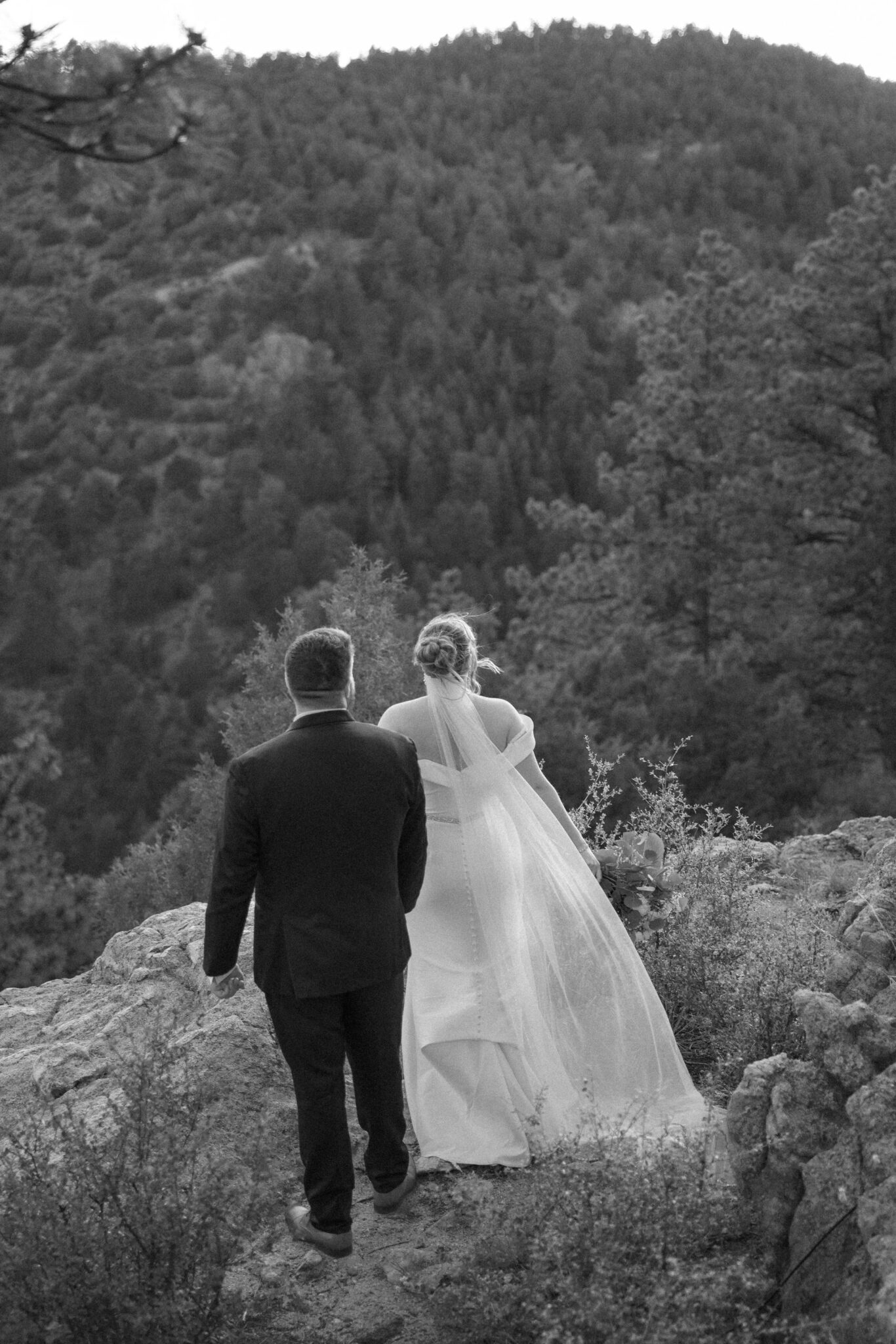
Seeking Support While Planning a Wedding and Grieving
While meditation can be a helpful tool for understanding and accepting your emotions, it’s only one part of the picture. Planning a wedding while grieving requires finding essential support. This support is crucial during these emotionally fraught times, and it can come from a variety of sources.
Your partner, in particular, can be your foundation, providing the understanding and space you need. And, for those currently supporting a grieving partner, one of the greatest acts of love you can offer is to create that space for their emotions without judgment or instilling pressure to solve their problems.
You might also find comfort in connecting with others who can relate to your experience through online or in-person grief support groups. These communities provide a safe space to share and receive guidance. One-on-one therapy can also be especially valuable, giving you tools to navigate this emotionally delicate season of grief while planning your wedding.

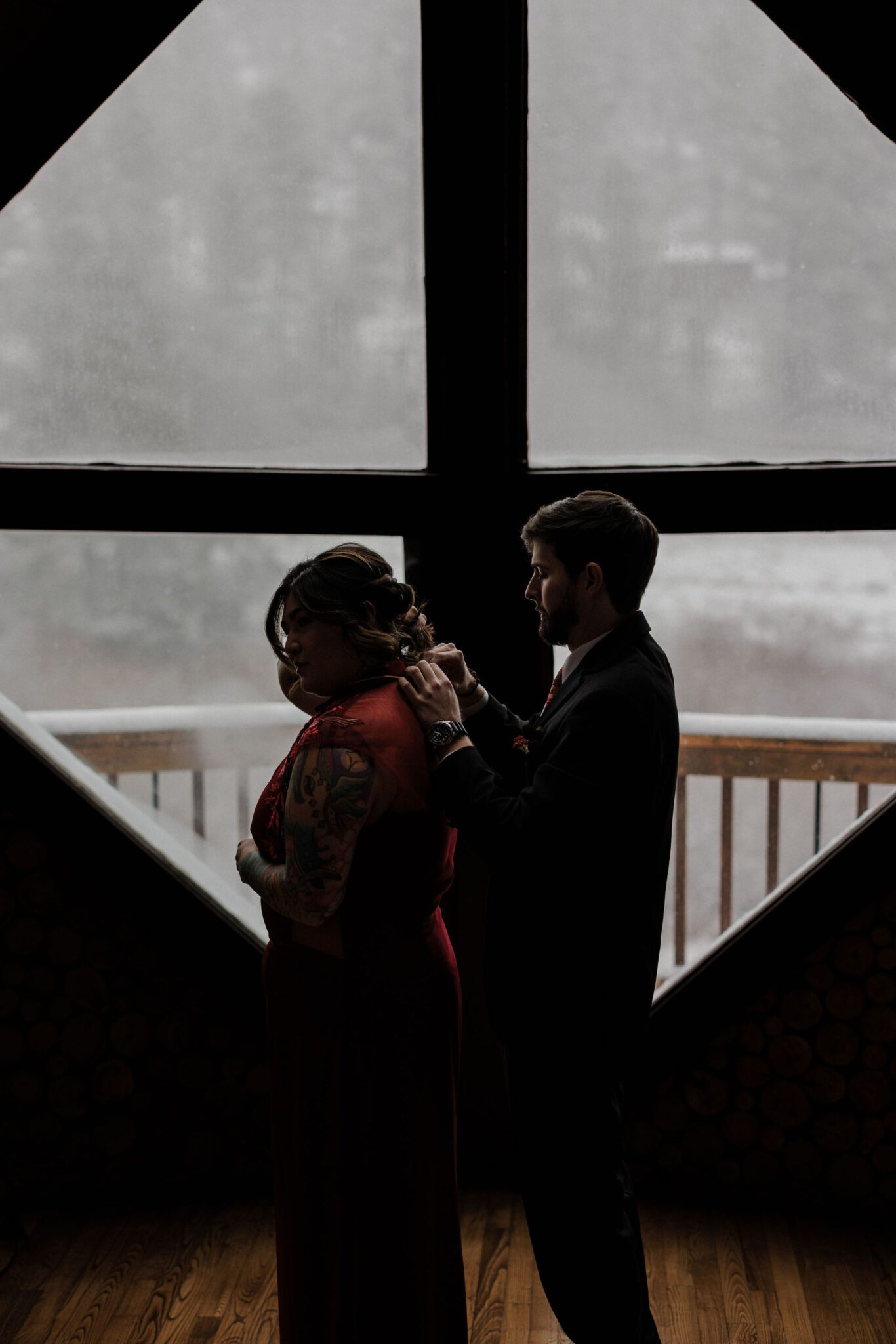
Finding Comfort in Signs During Your Wedding Journey
If you embrace spirituality, recognizing signs and spiritual connections can serve as a source of solace and guidance, especially during times of grief.
As someone who values spirituality, I encourage you to stay open to these signs. They may manifest as subtle feelings, unexpected sights, or gentle sounds. When you notice them, try to receive them with appreciation rather than skepticism. These moments can create a profound sense of connection with your loved one.
One touching example comes from a couple I had the honor of witnessing. On their wedding day, a hummingbird unexpectedly flew into the room through open glass doors. In numerous cultures, hummingbirds carry special significance as spiritual messengers. This unanticipated visit served as a powerful reminder that even during life’s most significant moments, subtle signs can reassure us that we are not alone in our journey.

Balancing Emotions While Planning a Wedding and Grieving
There’s no one-size-fits-all approach for planning your wedding day in the shadow of grief. Your journey will be shaped by your personal circumstances and emotional needs, and the strategies that provide comfort and support can look very different from one couple to another.
Some may find solace in the quiet intimacy of a scaled-back wedding with a selective guest list, allowing space for emotions to ebb and flow naturally as they celebrate. An intimate setting can also create a safe space to honor your loved one’s memory.
For others, managing all the wedding planning details may feel overwhelming during such an emotionally sensitive time. Outsourcing much of the planning can be a helpful choice, reducing potential stress and easing the pressures that might otherwise intensify your grief. By entrusting professionals with logistics, you can focus on nurturing your well-being, cherishing your love, and integrating the memory of your lost loved one into your wedding day in a way that feels meaningful.
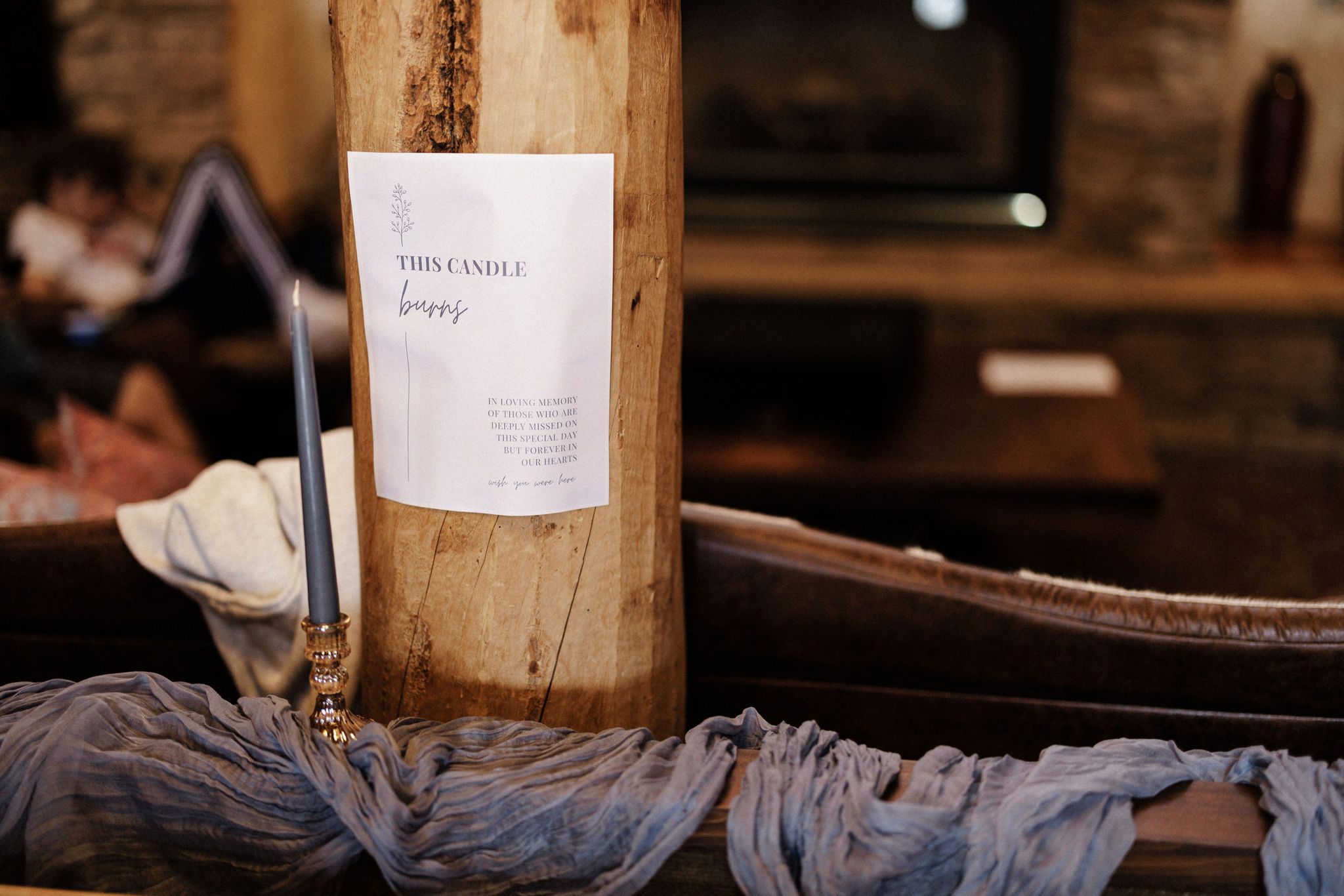
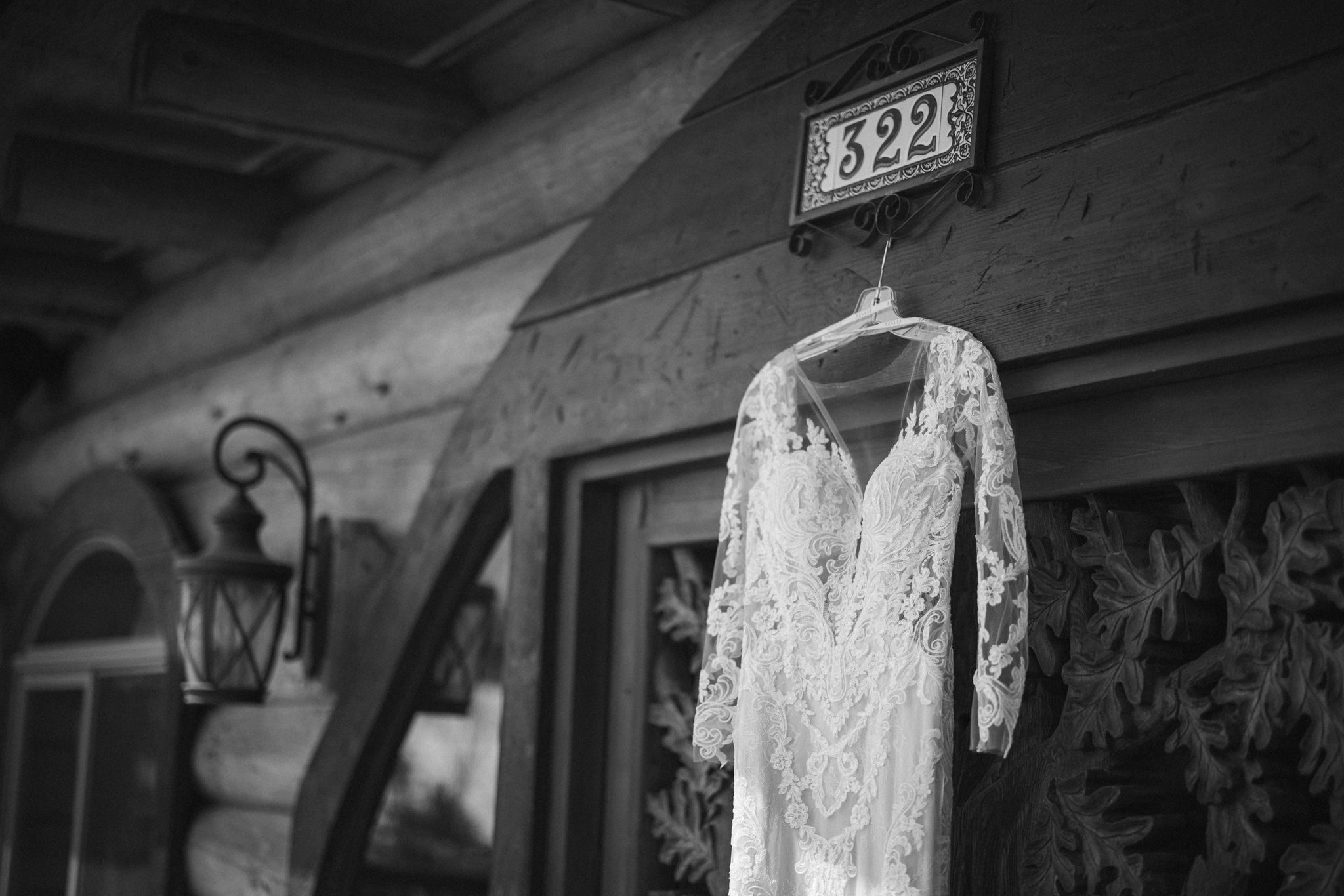
Let’s Plan a Wedding That Honors Love + Memory
As a wedding photographer, I’ve had the privilege of witnessing countless love stories, each uniquely special. I also understand that life sometimes intertwines joy with sorrow, and planning a wedding in the shadow of grief can be especially challenging.
Grief is heartbreaking, and when it becomes part of your wedding journey, there’s no roadmap to follow. It’s a path filled with emotional ambiguity, where happiness and sorrow often coexist. It’s important to remember that it’s okay to feel all of these emotions. The sadness that loss brings is natural, and so is the happiness that love and celebrations can offer. Both are part of the healing process.
Your wedding day is a celebration of love that endures even in the face of loss. My hope is to help you capture the authenticity of your love and the strength that has brought you to this moment. When you’re ready, reach out, and together we can preserve those beautiful, meaningful moments.
I wish you light and love along your healing journey.

Questions to ask your wedding vendors before booking
How to set + Track your Micro Wedding or Elopement Budget
What to Do After You Elope | Post-Elopement Party + Activity Ideas
Learn More
Learn More
Learn More
While you're here
Get inspired...
Here are some other resources I think you'll really love:
Ready to plan your unforgettable micro wedding or elopement?
A love like yours deserves more than just pretty pictures - which is why my role is so much more than just your photographer. I'm here to design a one-of-a-kind wedding experience that centers the two of you and celebrates your love story.
Get to Know Me
Heyyyyy, I'm Stephanie!
Your photographer + wedding planning partner
Let's create a wedding day you'll enjoy every minute of!
Packages + Pricing
Reach out to get started.
It takes less than 1 minute.
Don’t feel like you have things fully figured out? No worries! Most couples who inquire with me don’t yet know their date or location.
If you can dream it, we can create it.
Download your elopement planning checklist to start planning your dream day.
Ready to start planning, but not ready to reach out?
Get the guide
contact
about
Colorado Micro wedding + elopement photographer
©2026 Stephanie Yves Photography | all rights reserved | privacy policy | print release | site credit karima creative
Denver | Breckenridge | Boulder | Colorado Springs | Estes Park | Destination | Airbnb | VRBO | Micro Weddings | Vail | Aspen | Rocky Mountain National Park | Crested Butte
Where to Elope
How to Elope
blog
Engagements + Proposals
@stephanieyvesphotography